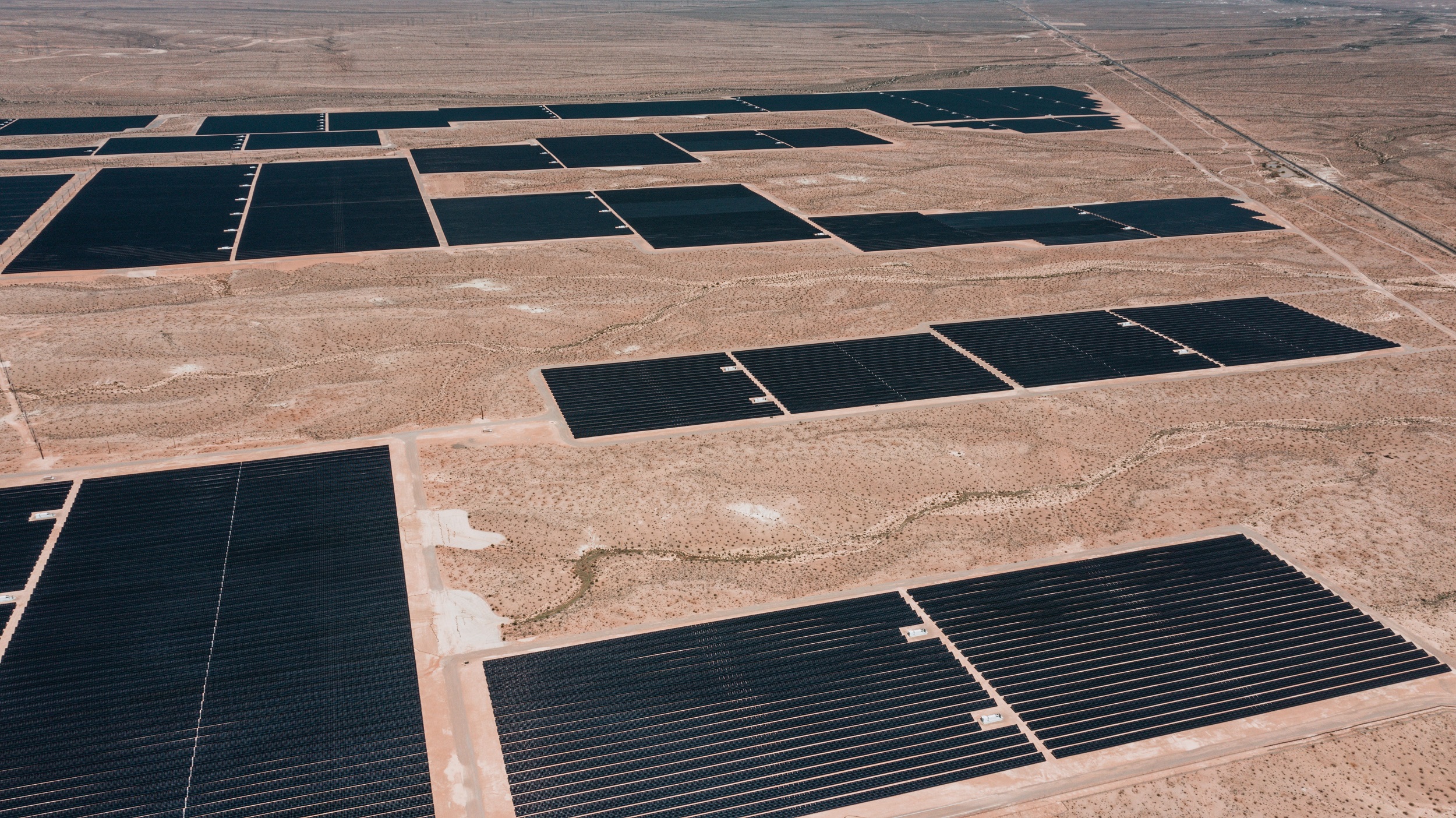In this episode, we discuss subordination agreements as they relate to mineral rights and royalties. We’ll also talk about some of the situations where you might be asked to sign a subordination agreement and how this type of agreement can have a significant impact on the value of your mineral interests.
Be sure to also subscribe on Apple Podcasts via the link above and please leave us an honest rating and review. We read every one of them and sincerely appreciate any feedback you have. To ask us a question to be featured on an upcoming episode, please leave a comment below or send an email to feedback@mineralrightspodcast.com.
What is a Subordination Agreement?
A subordination agreement is a legal contract between two parties that outlines how one party’s rights will be prioritized over the other party’s rights. For example, it may enable a junior lienholder, such as an oil and gas lease, to have priority over a senior lien holder, typically a mortgage company. If you own both the surface rights and the mineral rights and have a mortgage, you have two types of encumbrances on the property – a mortgage and an oil and gas lease.
Generally, the mortgage company holds the senior encumbrance while the oil and gas company wants to have their lease as the most senior encumbrance. The reason for this is because in some states if the homeowner defaults on their mortgage and the property is foreclosed, the oil and gas lease would terminate. This is bad from the lessee’s point of view because it would mean that the investment they made would be wiped out and if production had already been established they’d have to obtain a new oil and gas lease from the bank or new property owner. This is why some oil and gas companies may require a subordination agreement from the lender when leasing fee simple minerals with a mortgage.
Subordination Agreements – Oil and Gas Leasing
It depends on the bank as to how willing they might be to sign a subordination agreement but for some mortgage companies it could be seen as a benefit because oil and gas leases usually stipulate that if the landowner defaults on their mortgage, the oil and gas company can begin making mortgage payments and deduct the payment from any royalties the landowner would receive. This arrangement allows the oil and gas company to continue producing from their wells without interruption and the mortgage company to keep receiving payments, even if the landowner defaults on the mortgage.
Whether or not this would actually happen depends on whether or not the interest is large enough relative to the loan amount. In some cases where you are in a residential area, the mortgage amount will likely far exceed the value of the lease and any future royalty payments so they may not be willing to make the mortgage payments to hold the lease.
Subordination Agreements – Surface Rights Over Mineral Rights
So that was traditionally how subordination agreements were used with mineral rights but the boom in solar developments has caused another flavor of subordination agreement to become more common. In this case, the subordination agreement is between a surface rights owner and a mineral rights owner, that outlines how the surface owner’s rights will be prioritized over the mineral rights owner’s rights. Essentially, the mineral rights owner agrees to allow the surface owner to use the land for a specific purpose, such as a solar farm or other real estate development, while still retaining their mineral rights.
Similar to the oil and gas development example we mentioned at the beginning, if you own the surface rights and are considering entering into a solar energy agreement, the solar developer may also require that you obtain a subordination agreement from any creditors if you have any mortgages or loans on the property. This agreement with the developer may also restrict your ability to take out any additional loans on the property in the future.
This brings us to the concept of the accommodation doctrine which we have talked about in the past.
Accommodation Doctrine
The accommodation doctrine is a legal concept that comes into play when there are competing interests between mineral rights and surface rights on a property. In general, surface rights refer to the ownership and use of the top layer of land, while mineral rights refer to the right to extract minerals like oil and gas from beneath the surface.
Under the accommodation doctrine, both the surface owner and the mineral owner have a duty to accommodate each other’s reasonable use of the land. This means that the mineral owner has to take reasonable steps to avoid interfering with the surface owner’s use of the land, and vice versa.
For example, if the mineral owner wants to drill a well on the property, they might have to take steps to minimize the impact on the surface, such as by using a smaller drill or locating the well in a less obtrusive location. Similarly, if the surface owner wants to build a structure on the property, they might have to take steps to ensure that it doesn’t interfere with the mineral owner’s ability to extract minerals.
The exact requirements of the accommodation doctrine can vary depending on the specific circumstances of a case, but the overall goal is to find a balance between the competing interests of the surface owner and the mineral owner.
When a Mineral Owner Might be Asked to Sign a Subordination Agreement
A mineral rights owner may be asked to sign a subordination agreement when the surface owner plans to use the land for a purpose that could potentially harm or disrupt the development of oil and gas reserves. The surface owner may want to build a solar farm, for example, which could require the use of large portions of the land and interfere with the ability to drill for oil and gas.
Preserving the Value of Mineral Rights
If you are a mineral rights owner, it is important to carefully consider the terms of any subordination agreement before signing. Some considerations include the length of the agreement, the compensation offered, and the impact of the proposed development on the value of the mineral rights. It is also important to consider the potential for future developments that could affect the ability to develop the mineral rights.
Both surface and mineral rights owners should approach subordination agreements with care and ensure that the terms are fair and reasonable for both parties. It may be helpful to consult with legal counsel to ensure that your interests are protected.
To Sign or Not to Sign?
There may be cases where a mineral rights owner should not sign a subordination agreement, particularly if the proposed development could significantly impact the value of the mineral rights. It is important to weigh the potential benefits of the development against the potential risks and consult with legal counsel before signing any agreement.
Subordination Agreement Case Law
In Texas, Oklahoma, Colorado, and Wyoming, there have been numerous court cases related to subordination agreements and mineral rights. Generally, the courts have upheld the right of surface owners to use their land for other purposes as long as they do not completely prevent the mineral owner from accessing their rights. However, each case is unique and it is important to seek legal guidance in these matters.
Conclusion
Subordination agreements can have a significant impact on the value of mineral rights. Because of this, it is important to carefully consider the terms of any agreement and consult with legal counsel to ensure that your interests are protected. By understanding the potential risks and benefits of subordination agreements, both surface and mineral rights owners can make informed decisions about how to approach these contracts.
Before we dive in, just a disclaimer that we are not attorneys and this is being shared for informational purposes only and should not be construed as legal advice. I strongly recommend that you get help from a qualified attorney licensed to practice law in your jurisdiction if you need help with this type of agreement.
Resources
- Lien Foreclosures & Oil & Gas Leases – The New Law in Texas
- UNDERSTANDING SOLAR ENERGY AGREEMENTS
- MRP 94: Leasing Land for a Solar Farm
Summary
While it is clear that Texas needs to establish a legal framework for CO2 sequestration projects in Texas, SB 2107 and HB 4484 need some work to ensure that mineral and royalty owner rights are protected.
Thanks for Listening!
To share your thoughts:
- Leave a comment or question below (we read each one and your question may be featured in a future episode)!
- Ask a question or leave us feedback via email.
To help out the show:
Click the Apple Podcasts Logo Above to leave us a rating & review. It really helps us reach those that need to hear this information and only takes a minute. We greatly appreciate it! Plus, you can get a shout out on a future episode!
Thanks again – until next time!




